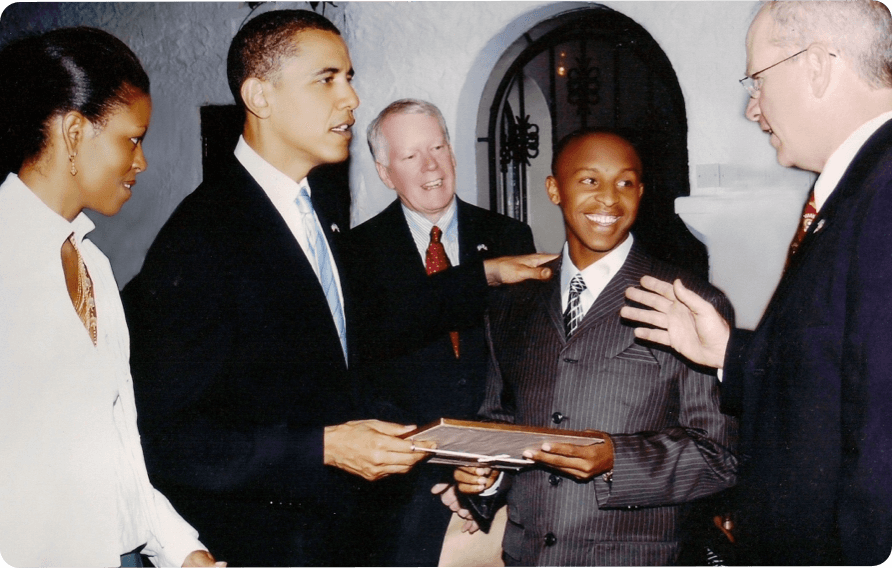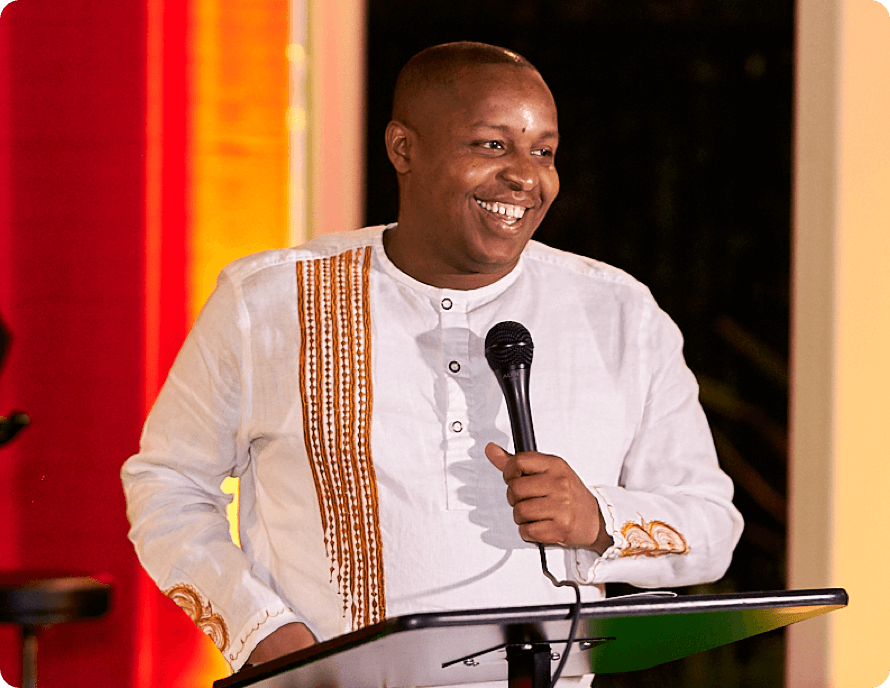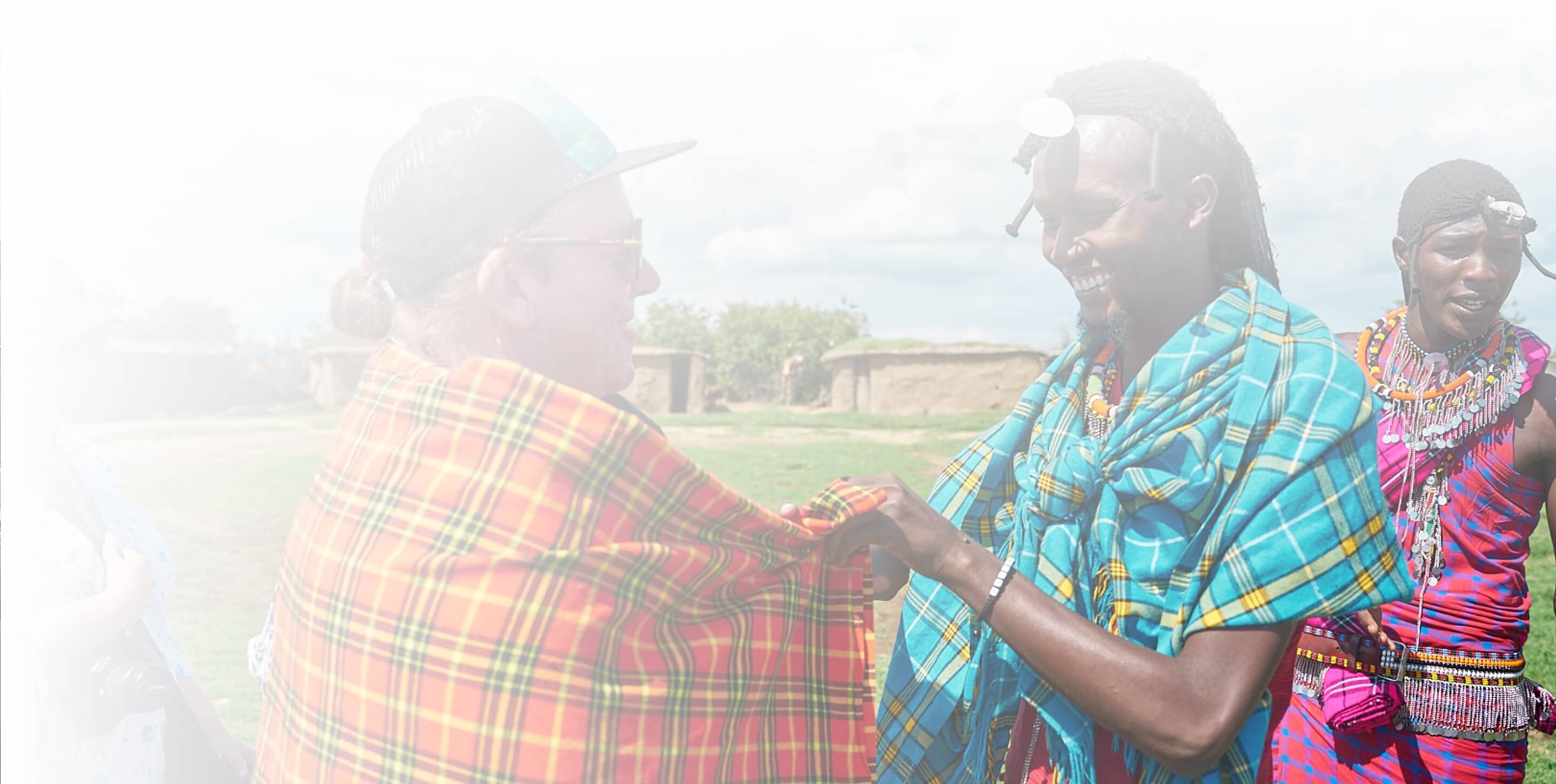
“I Am Because We Are”
Our work reflects the African Philosophy of Ubuntu.
Guiding Philosophy
We are a 501(c) 3 faith-based organization that favors learning from lived experiences of those we work with over paternalistic models. We support children with learning disadvantages to read. Motivate youth and young adults to lead and aid families in meeting their basic needs. We find those on the ground doing good work in the most challenging conditions and trust them.
What we do
We work with those living on the margins to realize our three collective goals.
Lessen poverty.
We bridge the disadvantage gap with the education, tools, and resources needed to rise from poverty.
Build leaders.
We develop and equip NextGen leaders by modeling authentic emotional intimacy and self-work.
Promote peace.
We gather historically excluded groups in an inclusive space of spirituality.
Mission
Our Expansive and Robust Mission.
We cultivate and elevate historically excluded change-makers living on the margins through our purposeful and unique blend of spirituality with technology, education, and the arts. We like to call it
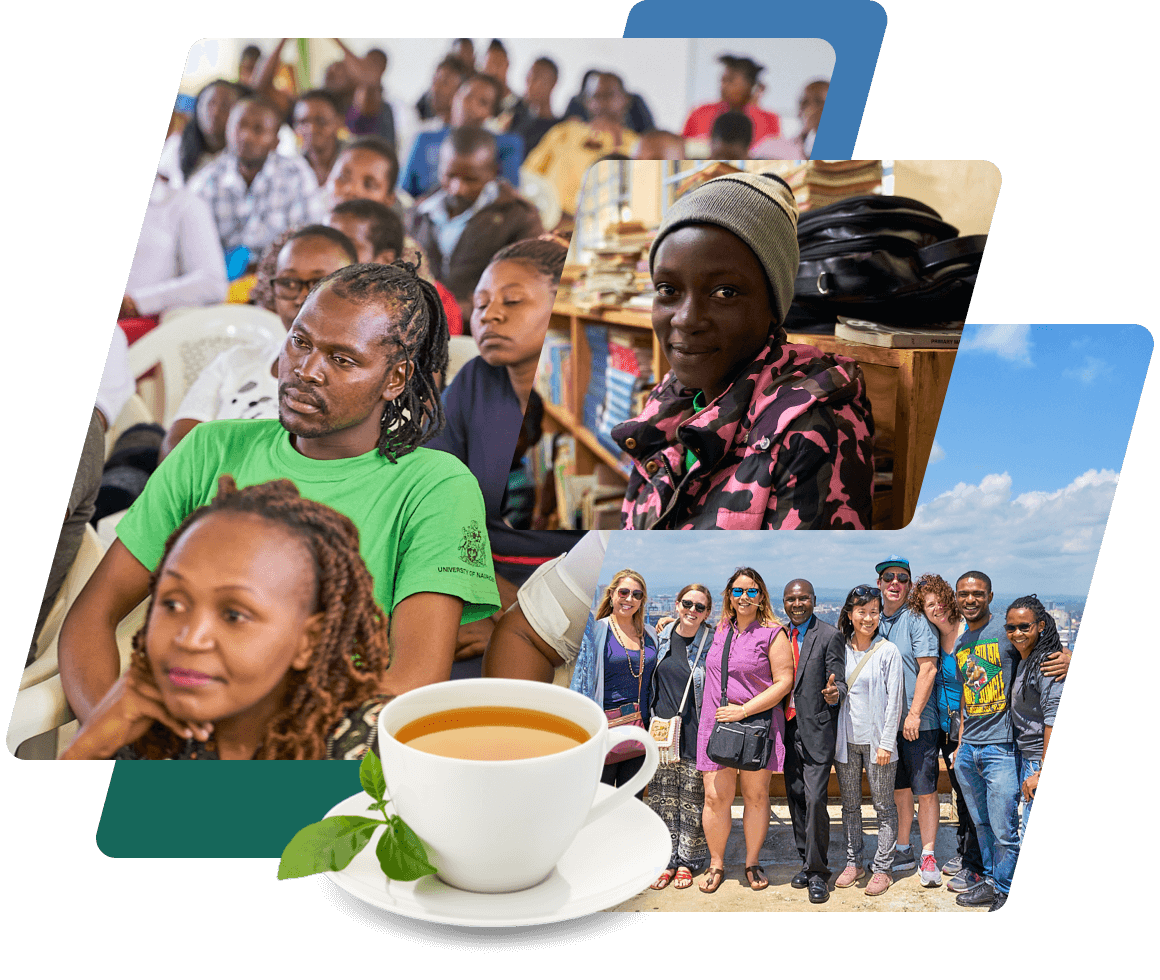
Vision
An All-Inclusive Vision
To live in a world where we all - everyone, everywhere - belong and experience the fullness of love.
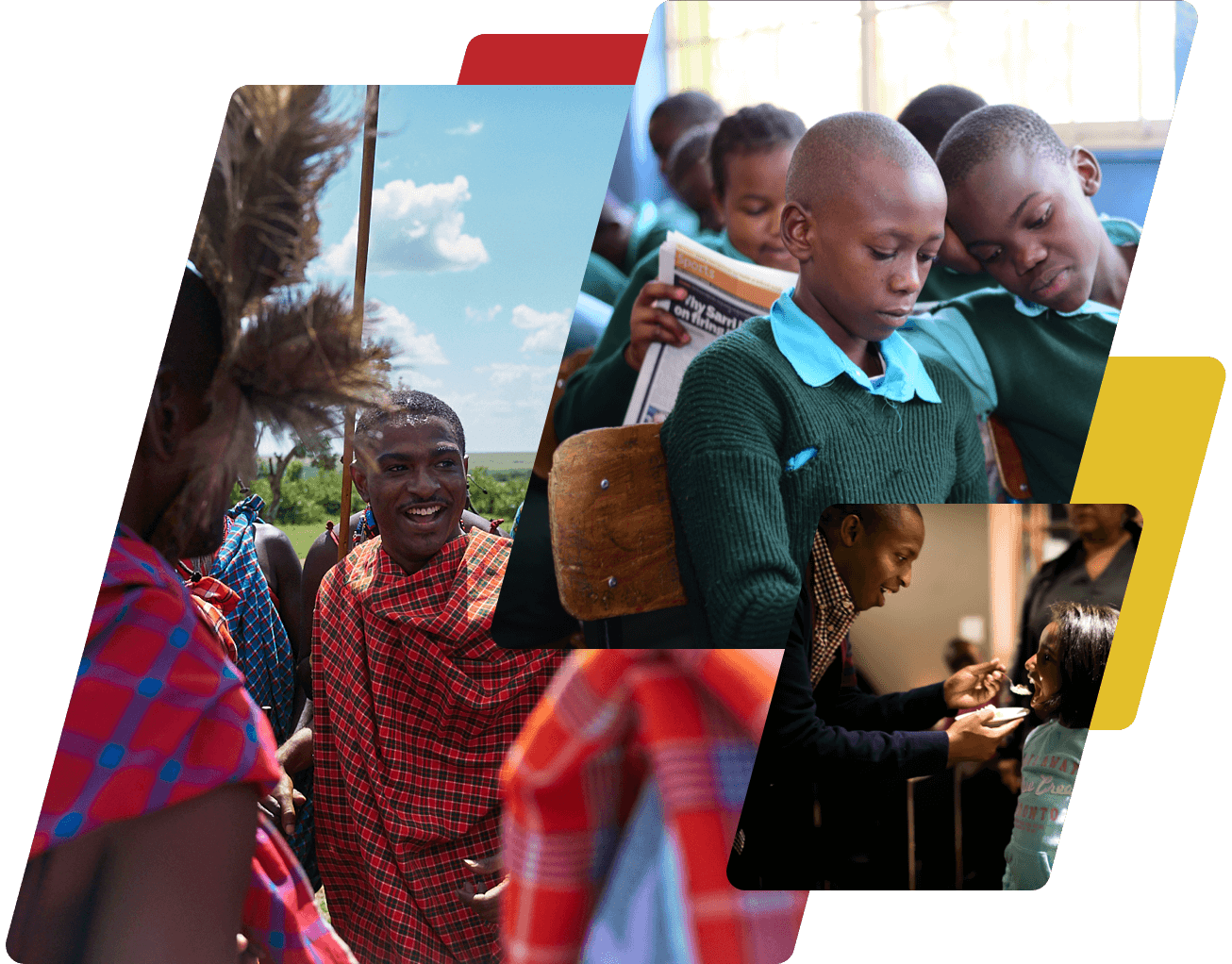
We
R.I.S.E. Together
Representation
We center and amplify the voices of those at the
and heard.
Inclusivity
We unconditionally welcome and affirm diverse voices and experiences in a supportive environment saturated with grace.
Service
We focus on people, not numbers. Measuring our impact by the success of those we amplify rather than the numbers we serve.
Engagement
We evaluate our programs through the lens of equitable systemic change, sustainability, and the examination of power dynamics.
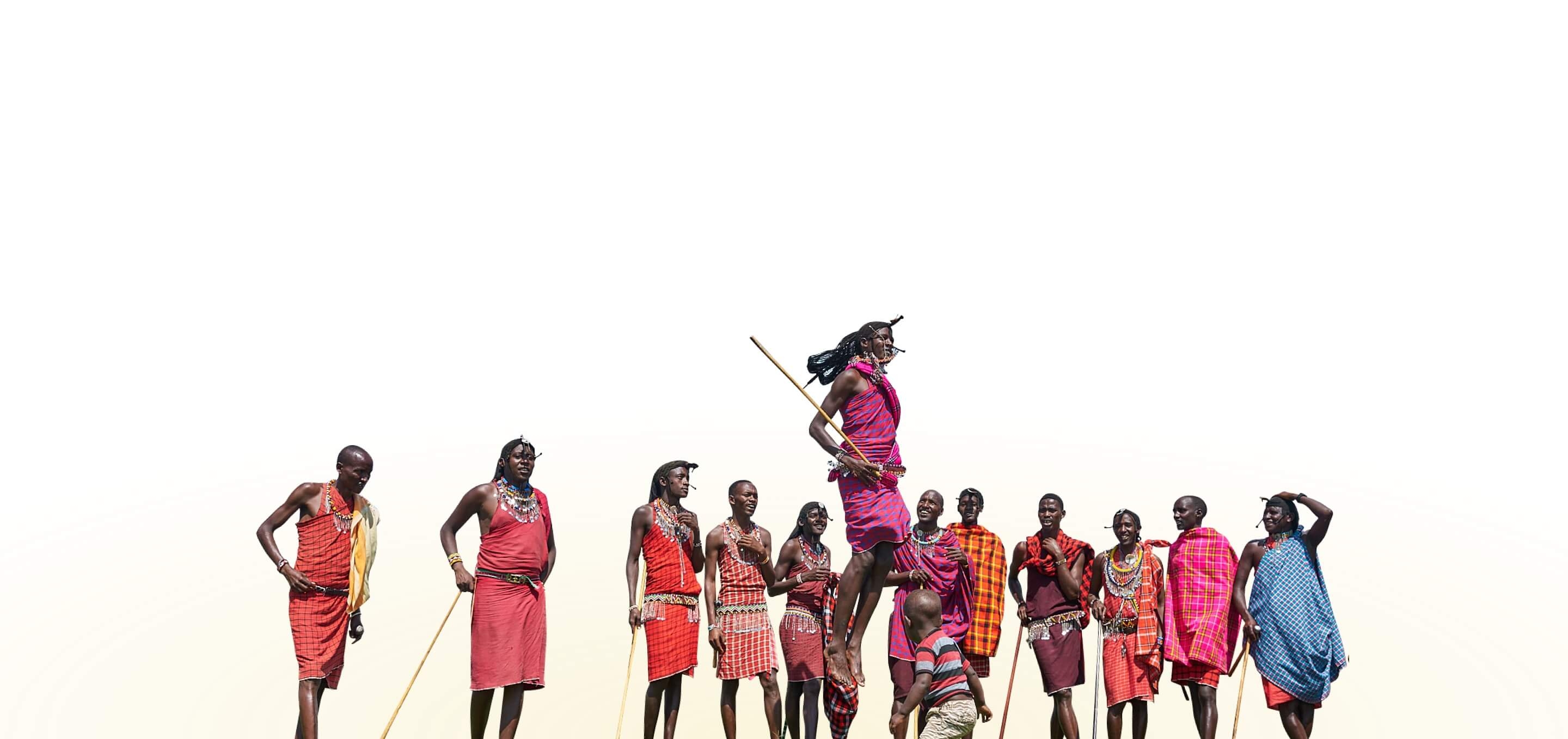
Glossary
We know it is complex to navigate a world where words change often. At MLIFE, we are committed to taking this learning journey with you. We recognize that some words stir tension. We join you in this tension with the hope and goal of building a better world where everyone is loved, honored, and respected.
Except for a few terms and phrases, we have borrowed Our LGBTQ+ Glossary from the Human Rights Campaign and Our Racial Equity Terms from MP Associates, Center for Assessment and Policy Development, and World Trust Educational Services, October 2021.
Back, Indigenous, and People of Color
We center the spirituality of BIPOC communities while welcoming people of all ages, faiths, and backgrounds to see, reveal, and honor God’s immeasurable splendor within and among them. We celebrate and affirm all people irrespective of their past, present, or future moral or spiritual story. For those participating in our religious rituals, we require them to believe in God as they understand them. We don't proselytize our faith in our Foundation work.
The assumption that only the sexual or romantic behaviors between people of the opposite sex are natural and immutable.
Historically excluded / historically monetized
We use Policy Link’s definition of Equity: just and fair inclusion in a society where all can participate, prosper and reach their full potential. Unlocking the promise of the nation by unleashing the promise in us all. Read the Equity Manifesto.
Learning Enrichment and Acceleration Program.
According to the World Bank, a child’s inability to read and understand a simple text by age 10.
The acronym stands for Lesbian, Gay, Bisexual, Transgender, Queer, Questioning, Asexual, and Allies. The + denotes that it is not a comprehensive list representing all the various aspects of sexuality; visit HRC’s Gender/Sexual Orientation Glossary for additional categories. Although MLIFE is not opposed to heterosexual marriage, we are against heteronormative culture. See heteronormative.
We define these as Individuals or families living on less than US $1.90 per person per day in 2011 purchasing power parity (PPP) in the world's poorest countries. In lower-and upper-middle-income countries, $3.20 and $5.50 per person per day, respectively.
Mwangi Mukami Leaders of Openness, Virtue, and Empathy.
Newspapers in Education.
See Live in the Margins /Living in the Margins.
Relief Aid for People in Despair.
The United Nations adopted the Sustainable Development Goals (SDGs) in 2015 to provide a shared blueprint for peace and prosperity for people and the planet, now and into the future. Read about the goals.
MLIFE blended spiritually rooted, afro-centric, holistic programs at the intersection of technology, education, and arts.
Translated as “I am because we are,” Defined by the African Journal of Social Work (AJSW) as “a collection of values and practices that people of Africa or African origin view as making people authentic human beings. While the nuances of these values and practices vary across different ethnic groups, they all point to one thing – an authentic individual human being is part of a larger and more significant relational, communal, societal, environmental, and spiritual world.”
We use Amy Jo Hutchison’s definition, “[People] not poor enough to receive help and don’t make enough to get by.” We also use a Multidimensional Poverty Index (MPI) to measure the complexity of poverty in people’s lives in lower-and upper-middle-income countries.
The IPL defines extreme poverty as the consumption (or income) of less than US$1.90 a day in 2011 purchasing power parity (PPP).
Other Terms
We recognize the work of others in the quest for justice, equity, diversity, and inclusion. If you’re interested in learning more, please view the Racial Equity Tools Glossary and Gender/Orientation Glossary for additional terms and their meaning.
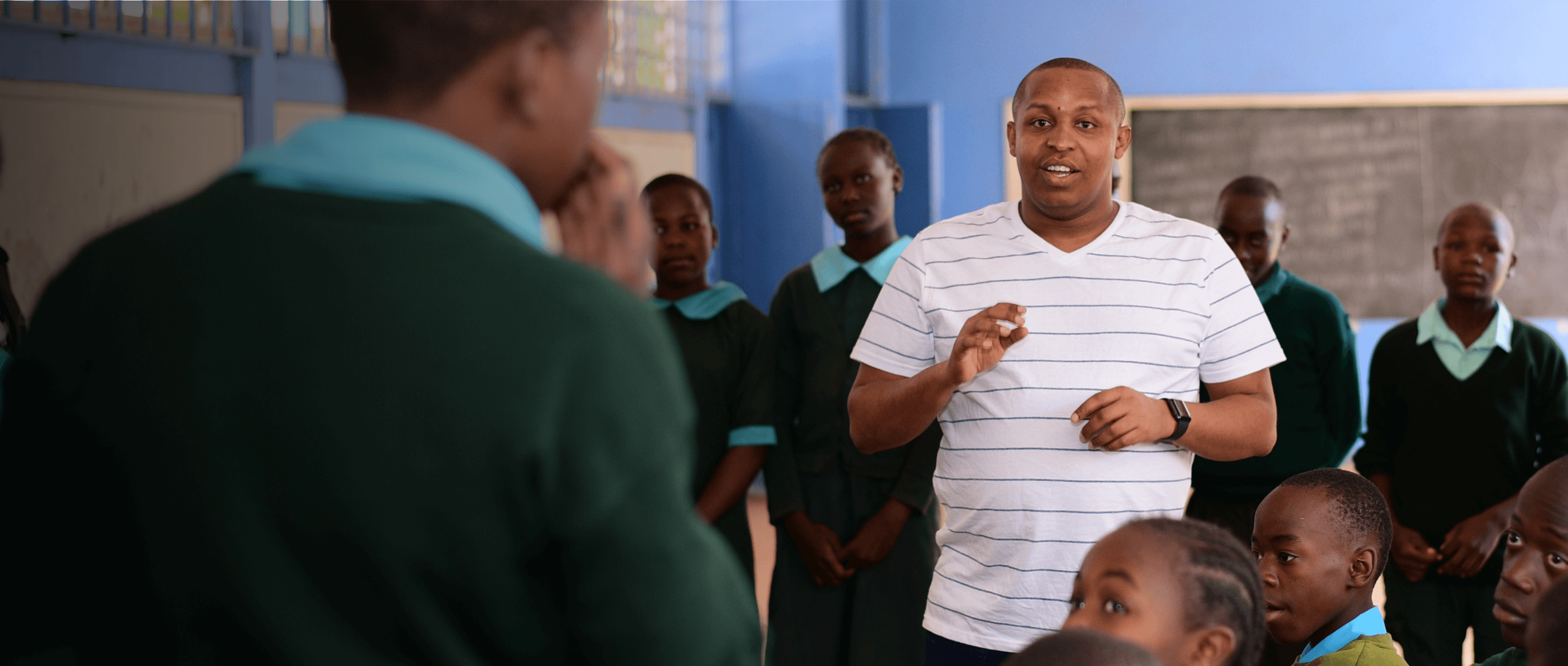
Our story begins with...
with Our Founder Mwangi Mukami
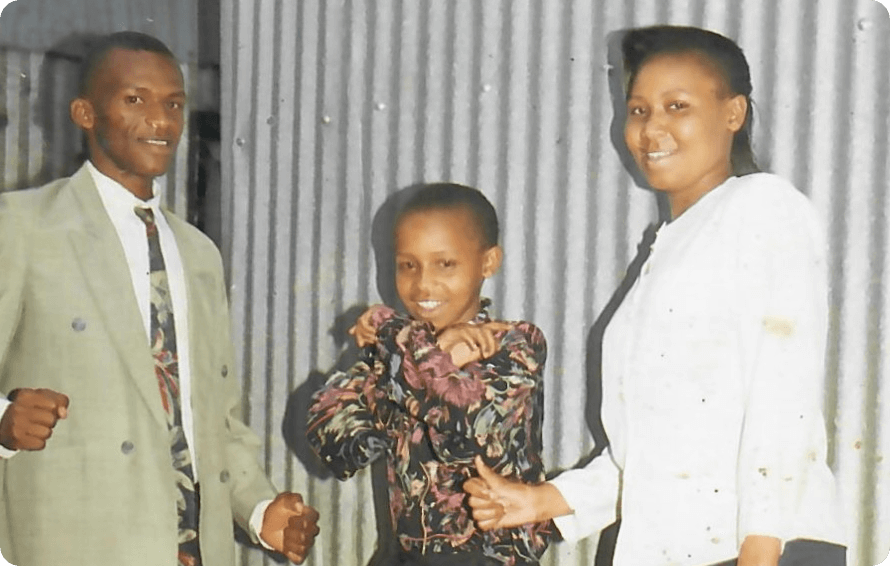
The youngest of 9 children born to a single mother, Mwangi grew up in extreme poverty Despite struggling in school and at home, Mwangi got what most kids in Nairobi never will - a chance.
- Mwangi became a pastor by age 14
- Leader of a national political movement by age 18
- Founded an international non-profit by age 20.
- A household name and rising political star, he struggled with keeping his identity as a gay
man a secret.
Blackmailed and ostracized because of his sexuality, Mwangi fled Kenya by age 25 in the middle of the night. He claimed asylum in America and started over. Mwangi built a new life in California - obtaining a bachelor's degree from San Francisco State and his Master of Public Affairs from University of California Berkeley - and founded MLIFE in 2017 to uplift those in need both in California and Kenya.
Mwangi and his family split their time between San Francisco and Nairobi.
